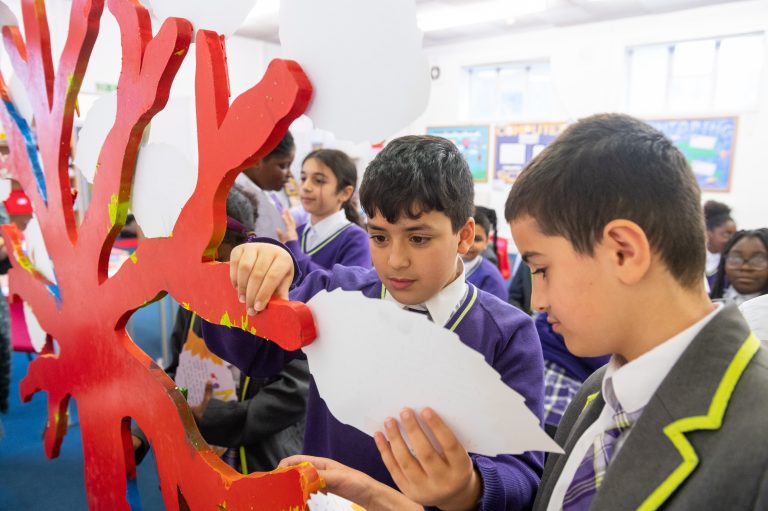
The geography of need
Where young people are growing up in the UK affects their opportunities and life chances.
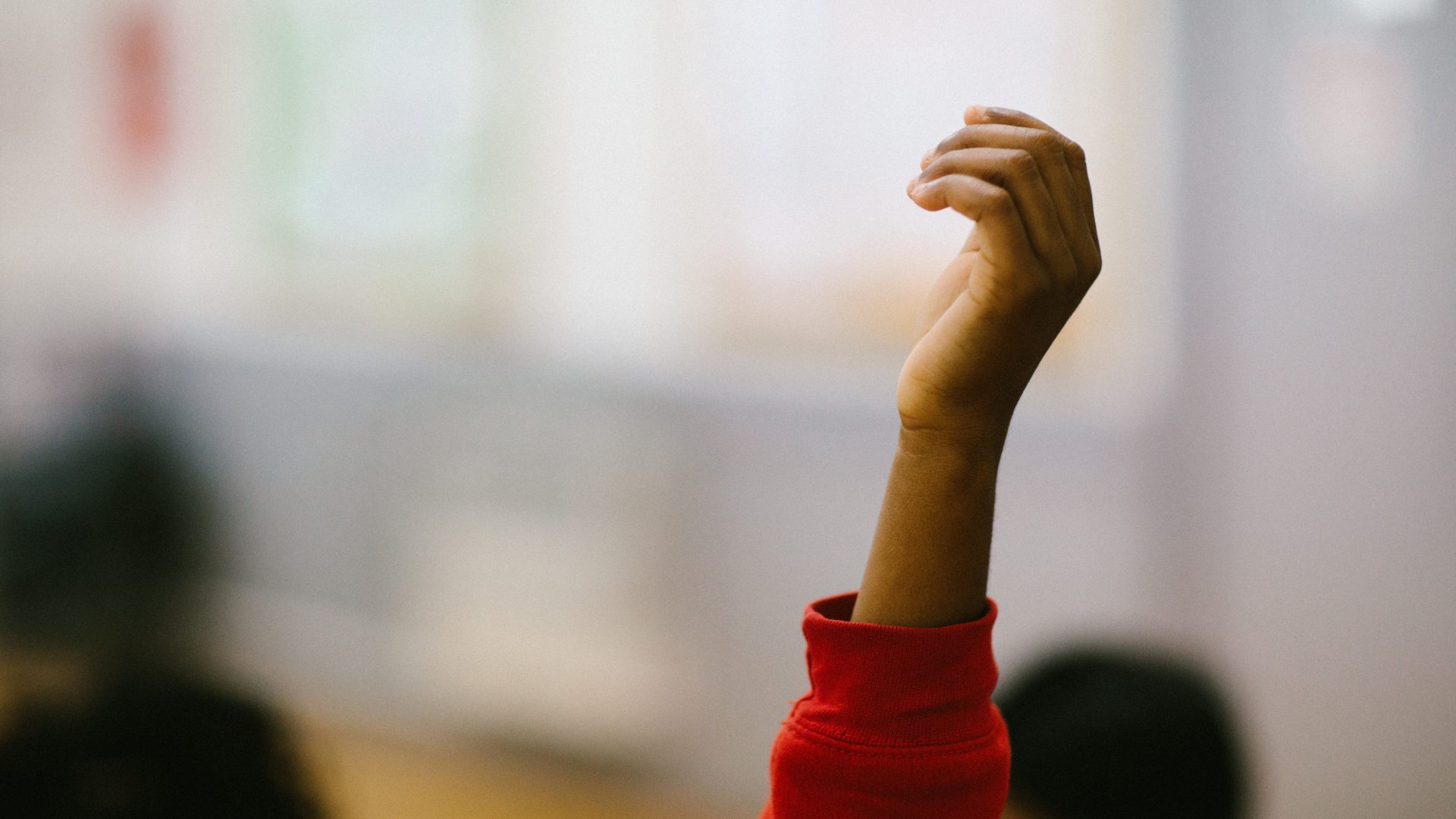
The link between economic disadvantage and educational underachievement permeates every stage of a young person’s education.
Academic attainment is a crucial factor in determining the options available to young people when they leave school. Young people have suffered severe learning loss as a result of school closures, and those from disadvantaged backgrounds have been among those hardest hit.
Pupils from disadvantaged backgrounds in England are now 18.1 months of learning behind their peers by the time they finish their GCSEs – which is the same gap as five years ago (Education Policy Institute, 2020). In Scotland, research shows that young people from the most socially advantaged neighbourhoods are twice as likely to obtain at least one Scottish Higher (SCQF level 6) as those from the most deprived neighbourhoods (Scottish Index of Multiple Deprivation, 2020). This gap is now the focus of a major government intervention, the Scottish Attainment Challenge.
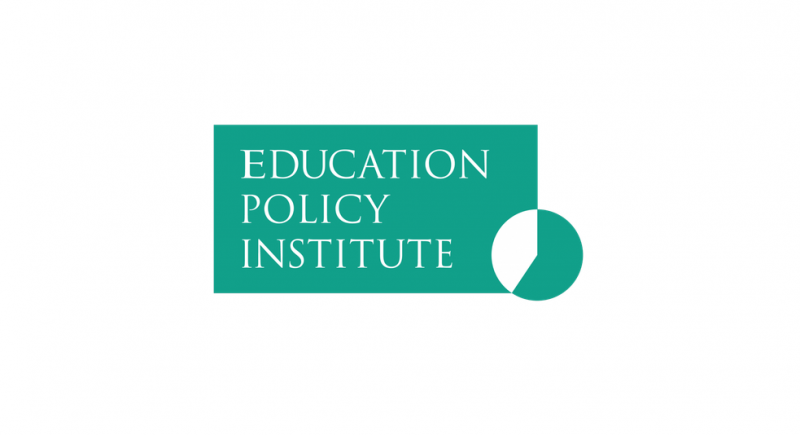
A report from the Education Policy Institute finds that the attainment gap between disadvantaged pupils and their peers stopped closing for the first time in a decade in 2019. Disadvantaged pupils in England are 18.1 months of learning behind their peers by the time they finish their GCSEs – the same gap as five years ago. The gap at primary school increased for the first time since 2007 – which may signal that the gap is set to widen in the future. The stalling of the gap occurred even before the COVID-19 pandemic had impacted the education system.
Read the report here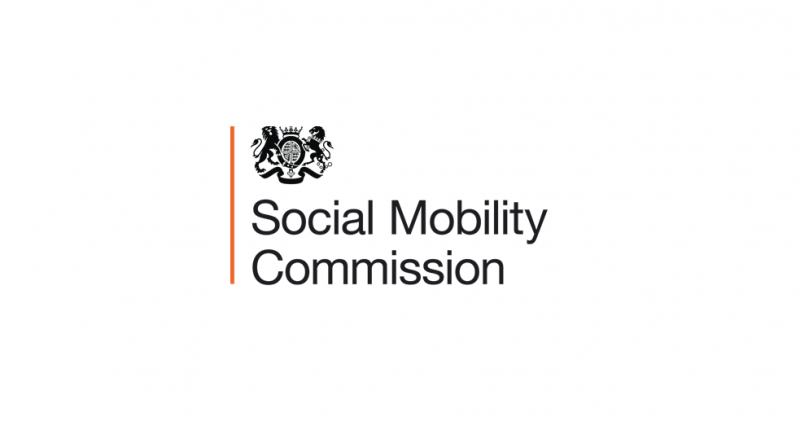
The latest report from the Social Mobility Commission found that nearly one in three children in the UK now live in poverty - around 4.3 million. Pupils living in persistent poverty (who have spent more than 80 per cent of their time in school on free school meals) are a shocking 22.7 months behind non-disadvantaged pupils on average. Starting with the youngest pupils, at age seven, students eligible for free school meals had a 17 per cent and 18 per cent gap in reading and writing, respectively. At GCSE level, just 45 per cent of poorer students achieved a grade 4 or above in their English and Maths GCSEs compared to 72 per cent of all others.
Read the report here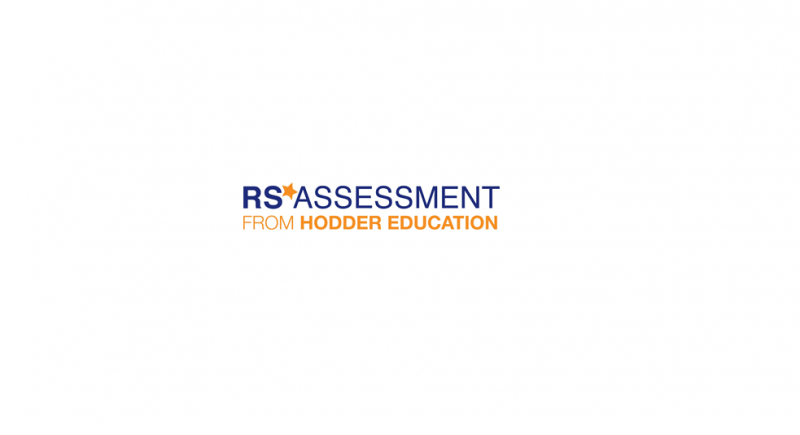
Young people from disadvantaged backgrounds have now fallen further behind their better-off peers as a result of the COVID-19 crisis and school closures. For example, Year 6 Pupil Premium students could now be 7 months behind non-Pupil Premium students in Maths, a widening of 2 months since 2019.
Read the report hereOur work is based upon sound public research into both the need for our work and the effectiveness of our approach. Find out more about the barriers young people are facing below.

Where young people are growing up in the UK affects their opportunities and life chances.
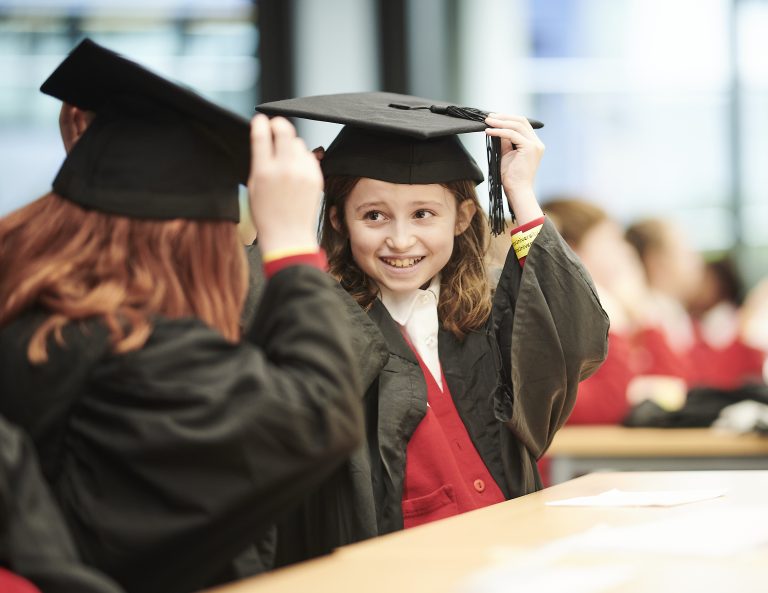
Young people from disadvantaged neighbourhoods are significantly less likely to progress to university or any further education, employment or training than their more privileged peers.

We believe that everyone should have the opportunity to access the benefits Higher Education can provide.
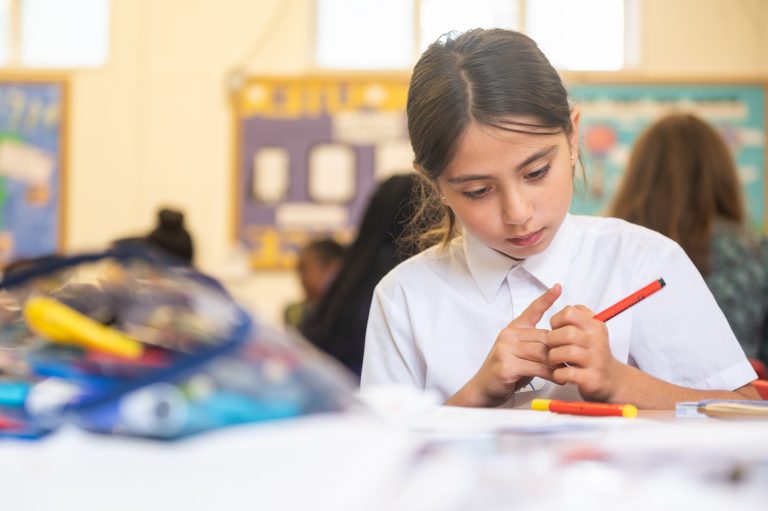
Early intervention is key in breaking down barriers to education and encouraging young people to think about their futures before their attitudes towards study become fixed.